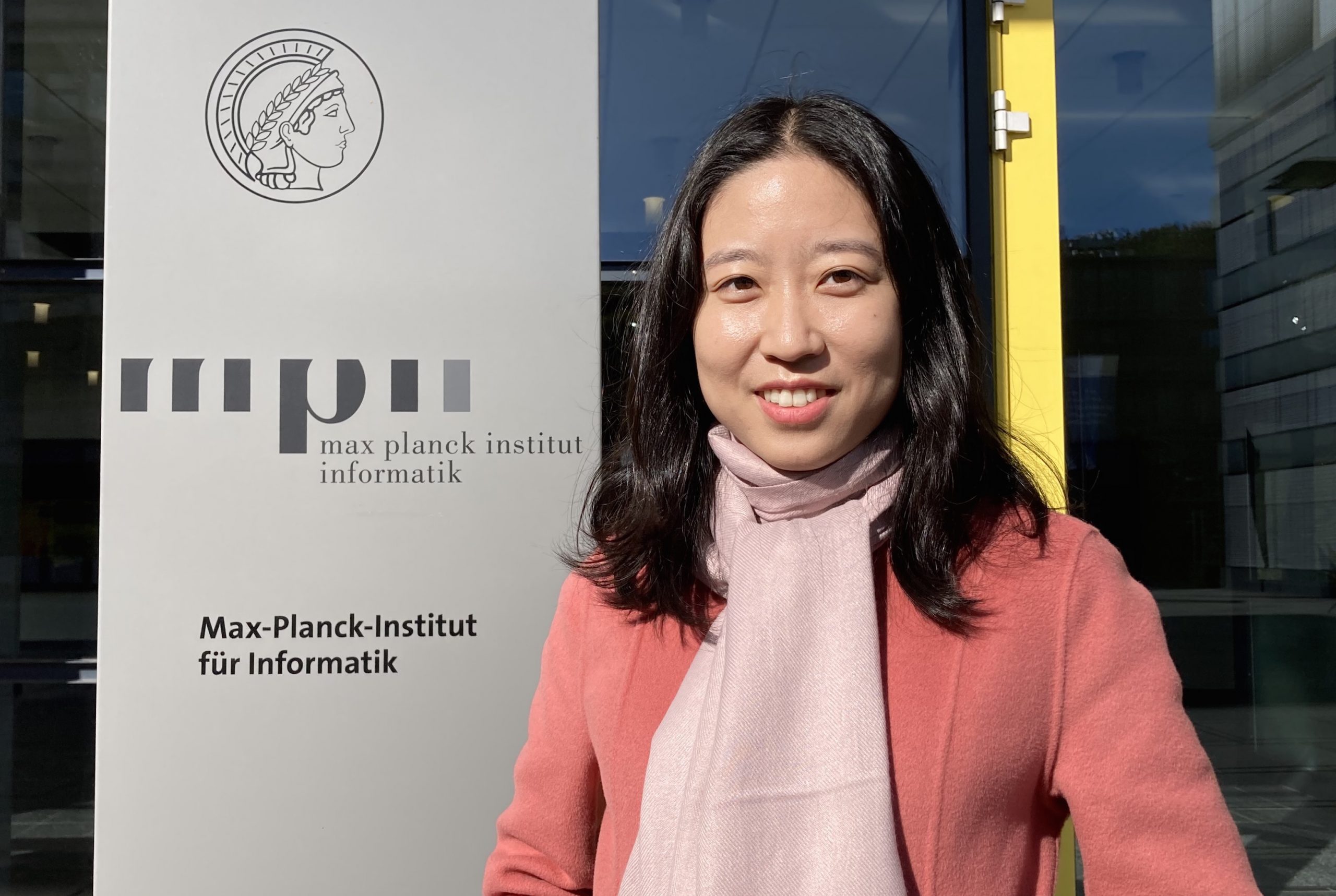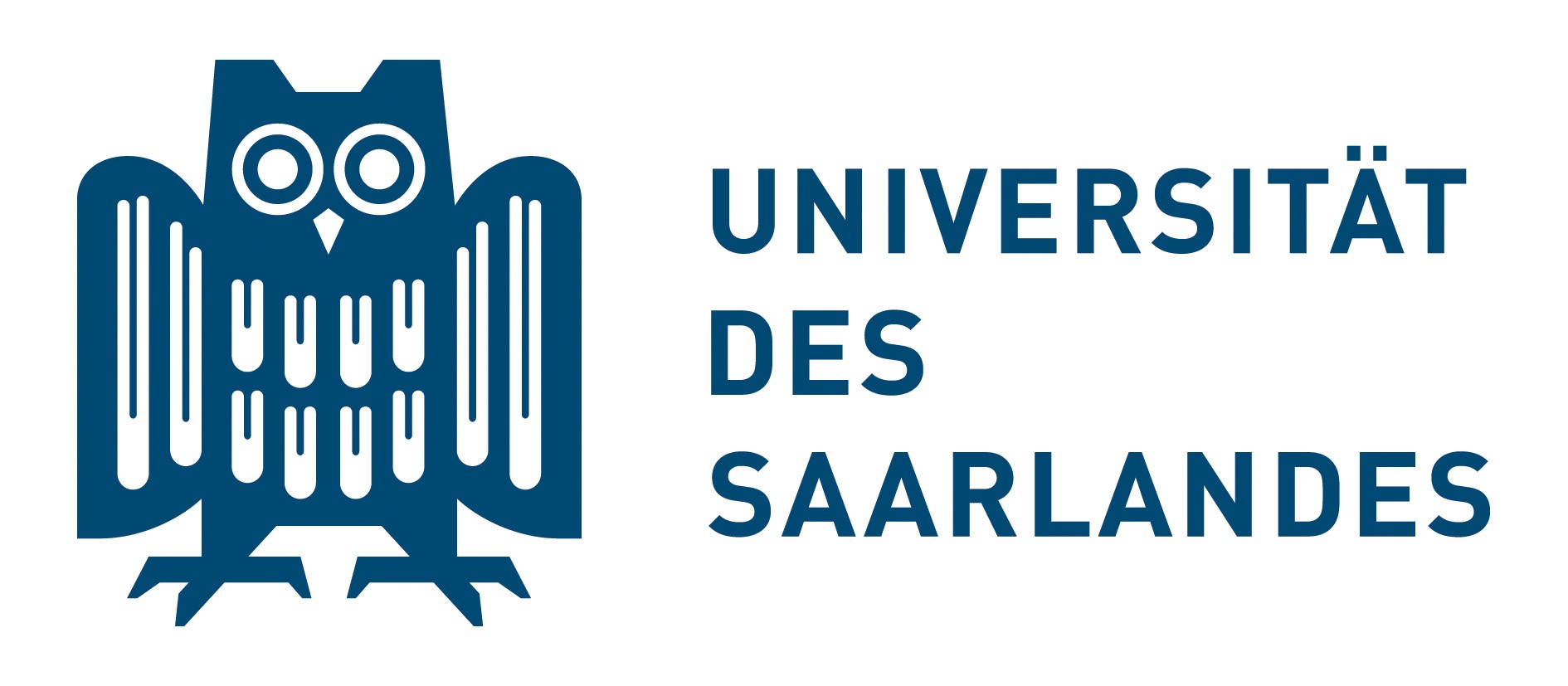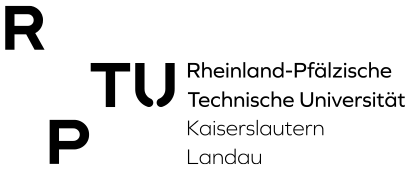Groups and Researchers in this Field
Real-Time Systems
Björn Brandenburg is a Max Planck Research Group leader, heading the Real-Time Systems group at the Max Planck Institute for Software Systems. His main research interests are real-time systems, operating systems, synchronization protocols, and embedded systems, with a focus on the design and implementation of systems that are robust, efficient, and amenable to a priori analysis. To this end, the group engages in both systems building and the development of novel analysis methods. As a result of his work with OS kernels, he is also interested in the construction, testing, validation, and performance evaluation of operating systems and other complex systems software. Read more
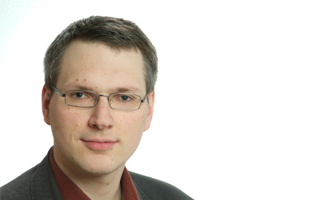
Distributed Systems
Peter Druschel is the founding director of the Max Planck Institute for Software Systems, where he leads the Distributed Systems research group. He is also an adjunct professor at Saarland University, Associate Director of the Center for IT-Security, Privacy, and Accountability, and a Principal Investigator in the Cluster of Excellence on Multimodal Computing and Interaction. He has received an NSF CAREER Award, an Alfred P. Sloan Fellowship, and the Mark Weiser Award. His research interests are in understanding, designing, and building computer systems. In the past, he has worked on operating systems, network services, peer-to-peer systems, and accountable distributed systems. Currently, he is interested in practical techniques to make distributed and mobile systems secure, accountable, and privacy-preserving. Read more

Internet Architecture
Anja Feldmann is a scientific director at the Max Planck Institute for Informatics, where she also heads the Internet Architecture department. Her work on internet routing, traffic analysis and modeling has advanced basic research and played a decisive role in the ongoing development of the Internet. Feldmann’s studies of the potentials and limits of web proxy caching have shaped the business decisions of countless internet services, and technologies for compressing and sending web page updates based on her findings have become ubiquitous elements in internet browsers and servers. Her recent work has focused on technologies for detecting and defending high-speed networks against malicious attacks, as well as new web applications and forms of internet usage such as chats, Web 2.0 and social networking. Read more
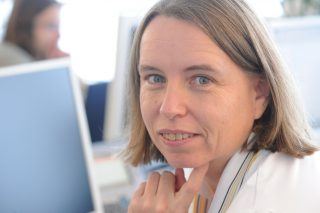
Privacy Issues Surrounding Online Tracking
Paul Francis is on the faculty of the Max Planck Institute for Software Systems, where he leads a research group in the Security & Privacy area. In the past, his research focused on routing and addressing problems in the Internet and P2P networks, with innovations including NAT, shared-tree multicast, the first P2P multicast system, the first DHT (as part of landmark routing), and virtual aggregation. His current research focuses on privacy issues surrounding online tracking. The primary economic drivers of user tracking are behavioral advertising and analytics; his group designs and builds systems that allow for advertising and analytics without violating individual user privacy. In addition, he has co-founded the startup aircloak.com, which uses a “cloaked computing” approach as a basis for private analytics. Read more

Computer Security Group
Deepak Garg’s interests include computer security and privacy, formal logic, and programming languages. He is head of the Foundations of Computer Security group, associated with both the Security & Privacy and the Programming Languages & Verification research areas at the Max Planck Institute for Software Systems. The group’s current projects investigate tracking and controlling flows of sensitive information through Web browsers, using type systems to statically estimate the asymptotic complexity of incremental runs of programs, creating mechanisms to enforce data protection policies across multiple system infrastructure layers, extending separation logics to reason about security protocols, and developing foundations and algorithms for temporal logic-based privacy audits of legal compliance, among others. Read more
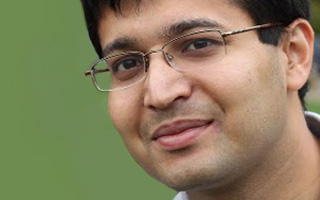
Computer Networks and Systems
Keon Jang is a faculty member at the Max Planck Institute for Software Systems, where he leads the Computer Networks and Systems research group. His research interest is in building network systems targeting benefits in application performance and ease of development, especially in data centers and cloud computing. Data centers play a critical role in today’s Internet serving many popular services in our day-to-day lives. Networking is a cornerstone that enables today’s massive data centers, which serves billions of users in search, social network, video streaming, and so on. The group looks at the problems in how to build network systems by understanding application behavior through measurement and analysis, and finding mechanisms to improve their performance. Read more
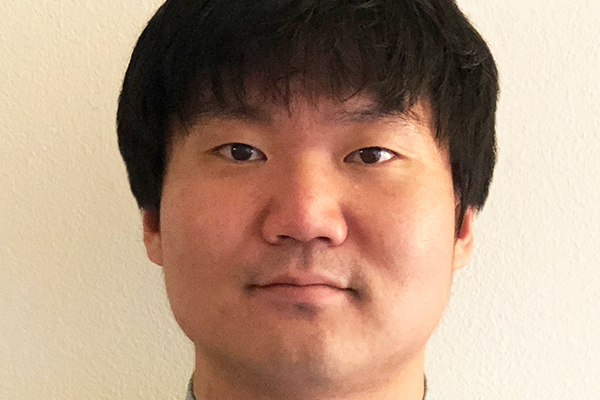
Operating Systems Group
Antoine Kaufmann is a research group leader at the Max Planck Institute for Software Systems, where he leads the Operating Systems group. His research investigates the design and implementation of efficient, scalable, and robust systems for rapidly evolving modern platforms, with a current focus on data centers. He addresses these challenges from a systems perspective, with solutions that span multiple layers of the systems stack, from operating systems through networks down to hardware, but also programming languages and applications. His group analyzes the performance of existing systems, develops novel system designs and abstractions, and evaluates performance and robustness of the new systems by building prototypes and simulations. Read more
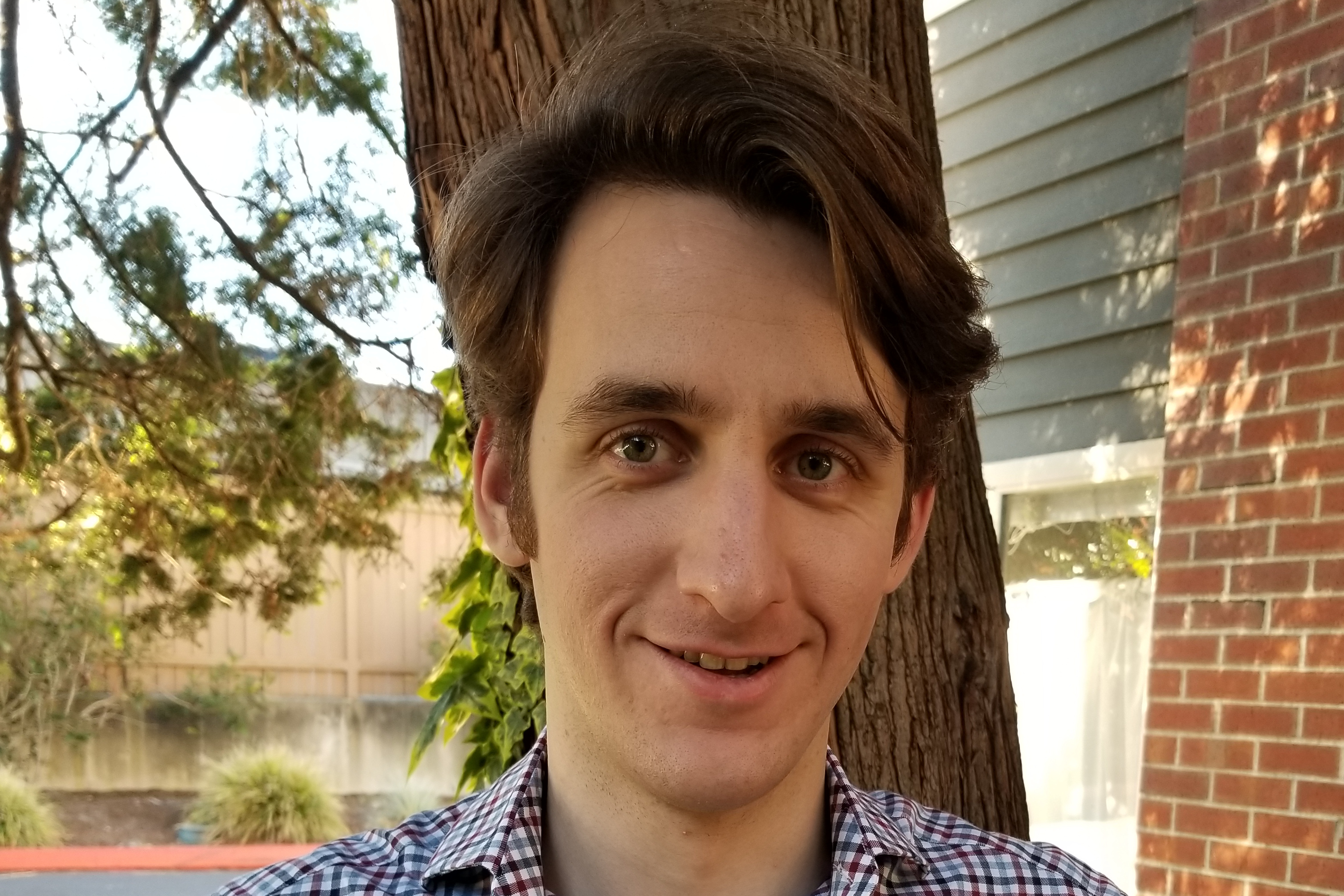
Theory of Distributed Systems
Christoph Lenzen coordinates the Theory of Distributed Systems research area in the Algorithms and Complexity Department at the Max Planck Institute for Informatics. Broadly, distributed computing concerns systems of multiple agents that act based on local information. Typical problems require agents to collaboratively solve a task quickly, despite limits on communication, faults, or inaccurate data. The group’s approach is largely based on tools of theoretical computer science. They devise abstract models to capture problems’ central challenges, and prove upper and lower bounds on the complexity of solutions in terms of the amount of communication, number of faults that can be tolerated, etc. They also seek to provide prototype implementations of their algorithms, which may then form a basis for applications. Read more

Cloud Software Systems
Jonathan Mace is a faculty member at the Max Planck Institute for Software Systems, where he leads the Cloud Software Systems research group. His group focuses on how to design, develop, and deploy distributed systems for modern clouds and data centers. A particular focus of his research is on cross-component tools, techniques, and abstractions, to make it easier for developers and operators to observe, reason about, and enforce end-to-end system behaviors. This often requires co-ordinating across layers and abstraction boundaries in complex software stacks, to observe and exploit the end-to-end flow of execution. Ongoing work in Dr. Mace’s group is exploring several avenues: new approaches to cross-cutting concerns in cloud systems, such as security and resource management; approaches for automating tool deployment that both reduce development cost and lower the barrier for deployment; large-scale performance analytics of distributed systems using end-to-end performance data; and representations and embeddings for performance and tracing data that can take advantage of the strengths of modern machine learning techniques. Read more
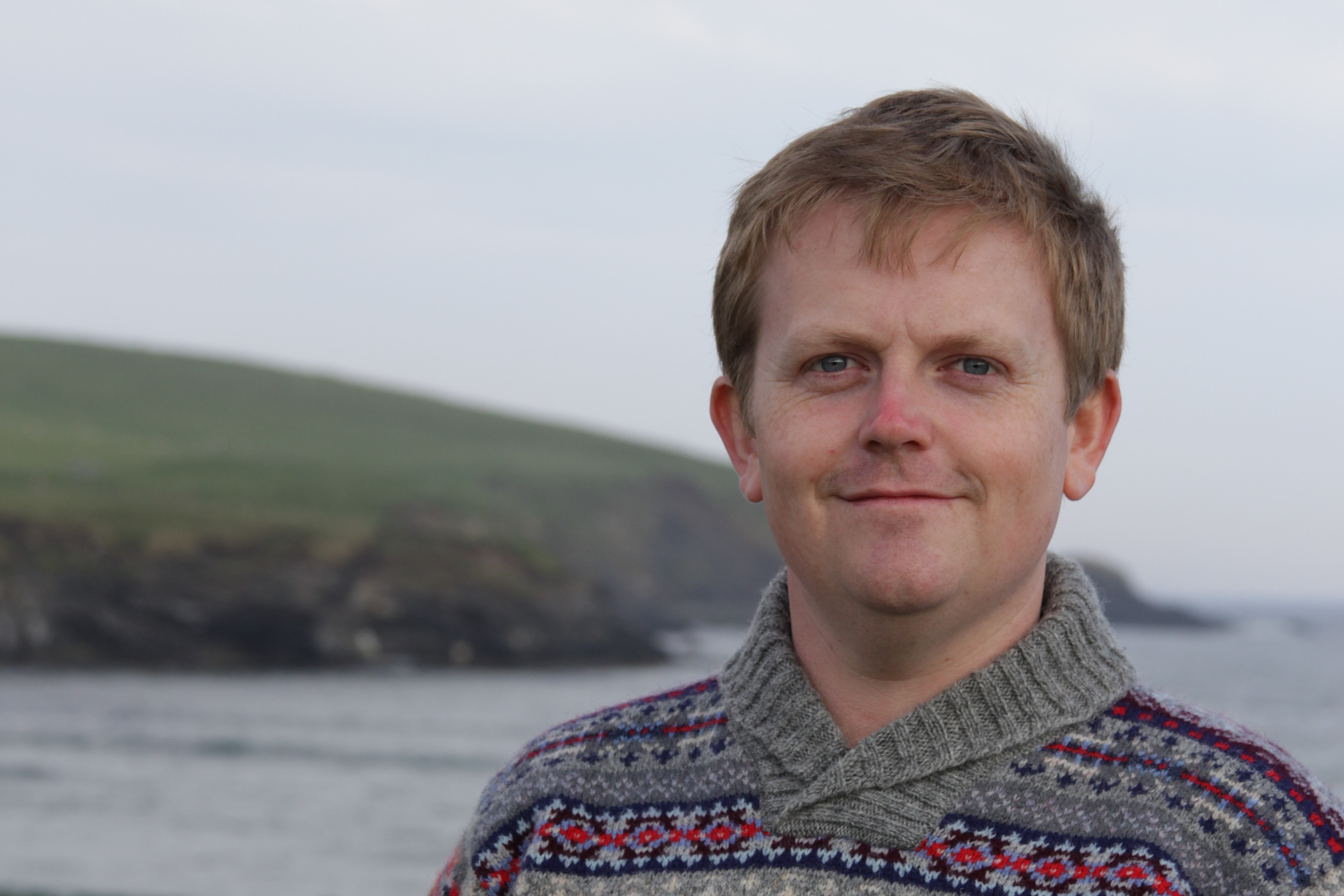
Learning and Dynamical Systems
Michael Muehlebach is leading the independent research group Learning and Dynamical Systems at the Max Planck Institute for Intelligent Systems in Tuebingen, Germany. He is interested in a wide variety of subjects, including machine learning, dynamics, control, and optimization. Some of his recent work deals with large-scale constrained optimization in a machine learning context, stochastic minimax optimization, adaptive decision-making and reinforcement learning. While rigorous theory and mathematical analysis forms the basis of his research, he also likes to evaluate his algorithms in experiments with real-world cyber-physical or robotic systems, such as balancing robots or flying vehicles. Throughout his career Michael has received numerous awards, such as the ETH Medal and the HILTI prize for innovative research, and he was awarded the Branco Weiss and Emmy Noether Fellowship. Read more

Distributed Systems Group
The Distributed Systems group does research and development in operating systems and distributed systems. The ultimate motivation for our research is to make programmers’ lives easier by providing the right abstractions, algorithms, mechanisms, and techniques for improving the programmability and performance of applications that use shared data. Lately, we have been focusing our efforts towards mobile computing, i.e. addressing key issues that are relevant to make mobile middleware a reality: replication, security, memory management, context-aware computing, transactions, and mobile file systems. Read more
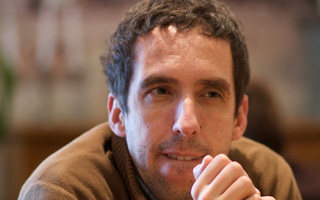
Control Software Systems
Anne-Kathrin Schmuck is an independent research group leader at the Max Planck Institute for Software Systems in Kaiserslautern, Germany, funded by the Emmy Noether Programme of the German Science Foundation (DFG). Her research is driven by the goal to significantly expand the applicability of fully automated synthesis tools to reliable cyber physical system design. Her work draws inspiration from both Control Theory and Computer Science and centers around Reactive Synthesis, Supervisory Control Theory, Abstraction-Based Controller Synthesis, and Hierarchical Control. Recently, she has developed lazy abstraction techniques where abstract automata models of continuous system dynamics are generated lazily to enable efficient controller synthesis for discrete mission tasks. Further, she is developing contract-based distributed synthesis methods to safely coordinate multiple system components. Read more
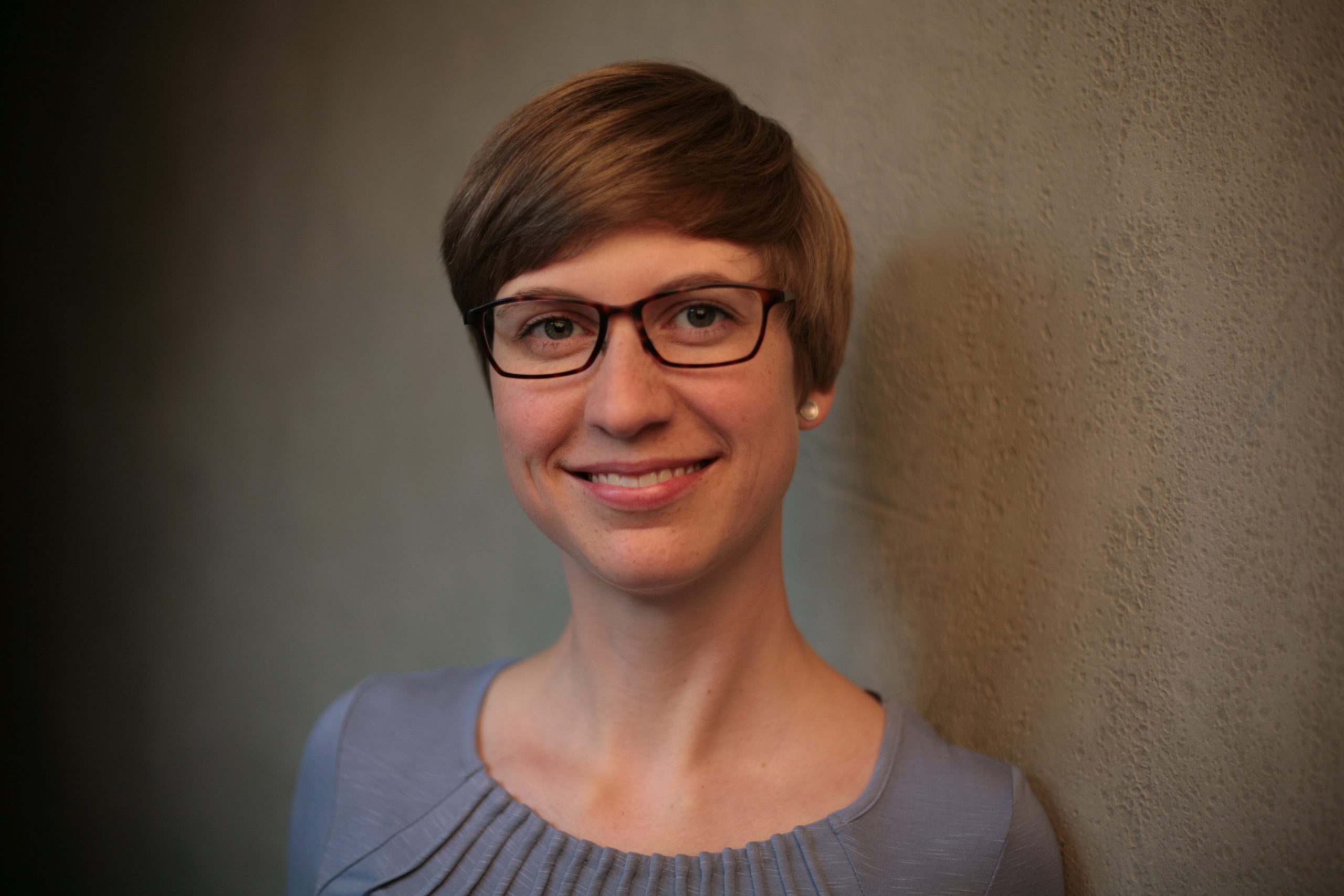
Intelligent Control Systems Group
Sebastian Trimpe is a Max Planck and Cyber Valley Research Group Leader at the Max Planck Institute (MPI) for Intelligent Systems in Stuttgart, Germany. Sebastian leads the independent Max Planck Research Group on Intelligent Control Systems, which focusses on fundamental research at the intersection of control, machine learning, networks, and robotics. With his group, he develops fundamental methods and algorithms that enable robots and other intelligent systems to interact with their environment through feedback, autonomously learn from data, and interconnect with each other to form collaborative networks. Turning mathematical and theoretical insight into enhanced autonomy and performance of real-world physical systems is an important and driving facet of their work. Read more
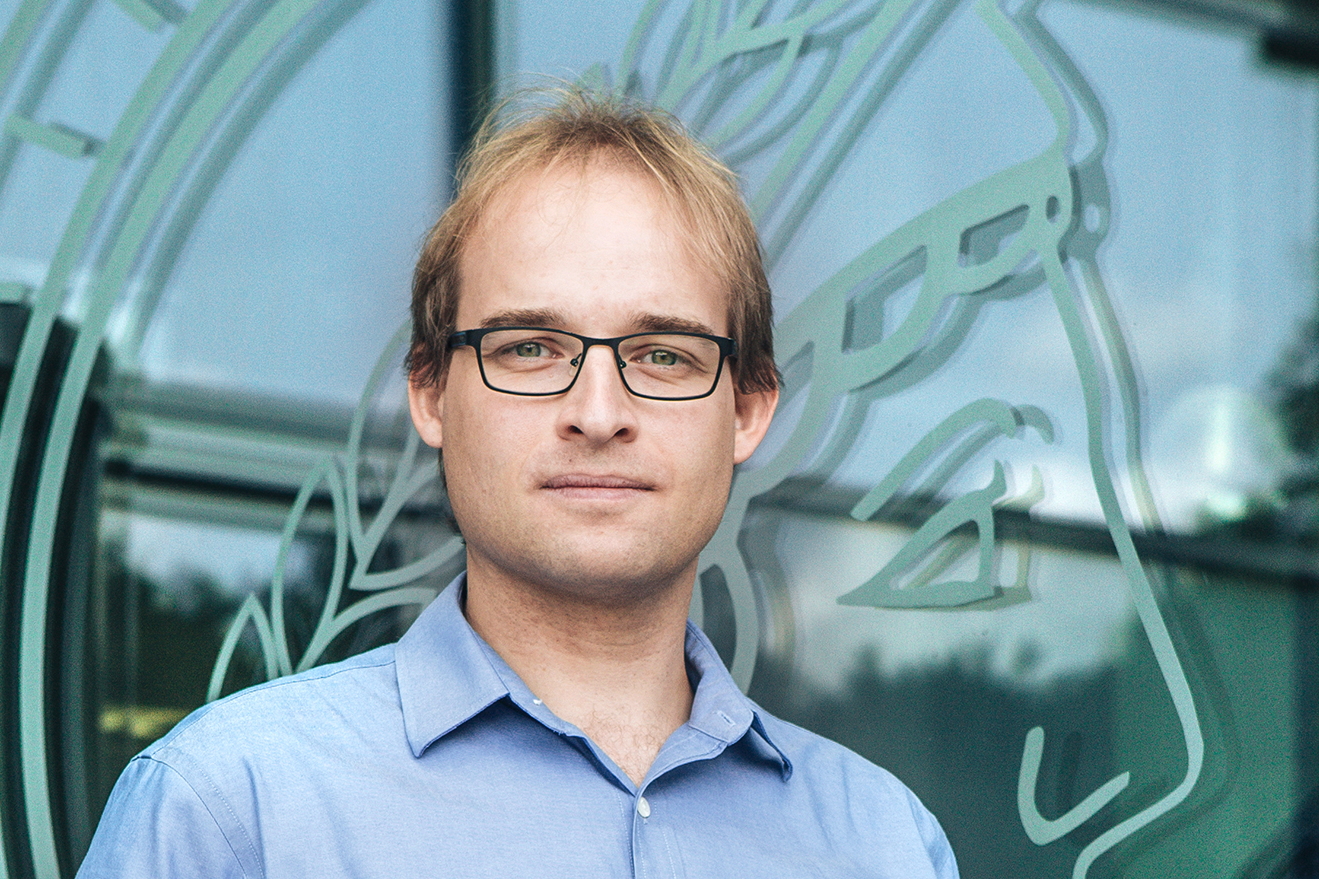
Network and Cloud Systems
Yiting Xia is a faculty member at the Max Planck Institute for Informatics, where she leads the Network and Cloud Systems research group. Her research is to build network infrastructure, systems, and tools for improving the performance and manageability of cloud computing, especially the future cloud driven by emerging applications such as IoT and machine learning. Her work involves hardware-software co-design across different layers of the network stack. Her ongoing research topics include designing novel network architectures to cope with the increasingly diverse cloud environments; exploring optical network interconnect as an enabler for large-scale, high-performance, and power-efficient cloud fabric; and analyzing and accelerating inter-node communications for distributed machine-learning systems. Read more
